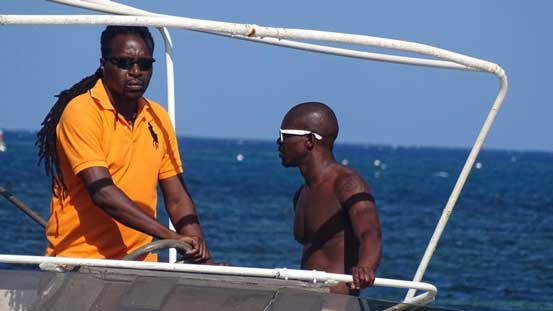×
The Standard e-Paper
Join Thousands Daily

NAIROBI, KENYA: Robert Okubo, an entrepreneur based in America in the late 1990s couldn’t resist his wanderlust. So despite his busy schedule, he planned an elaborate vacation for himself and family at the Kenyan Coast.
“I diligently saved as travel has always been my hobby and I believe Kenya is one of the best destinations in the world,” he said.